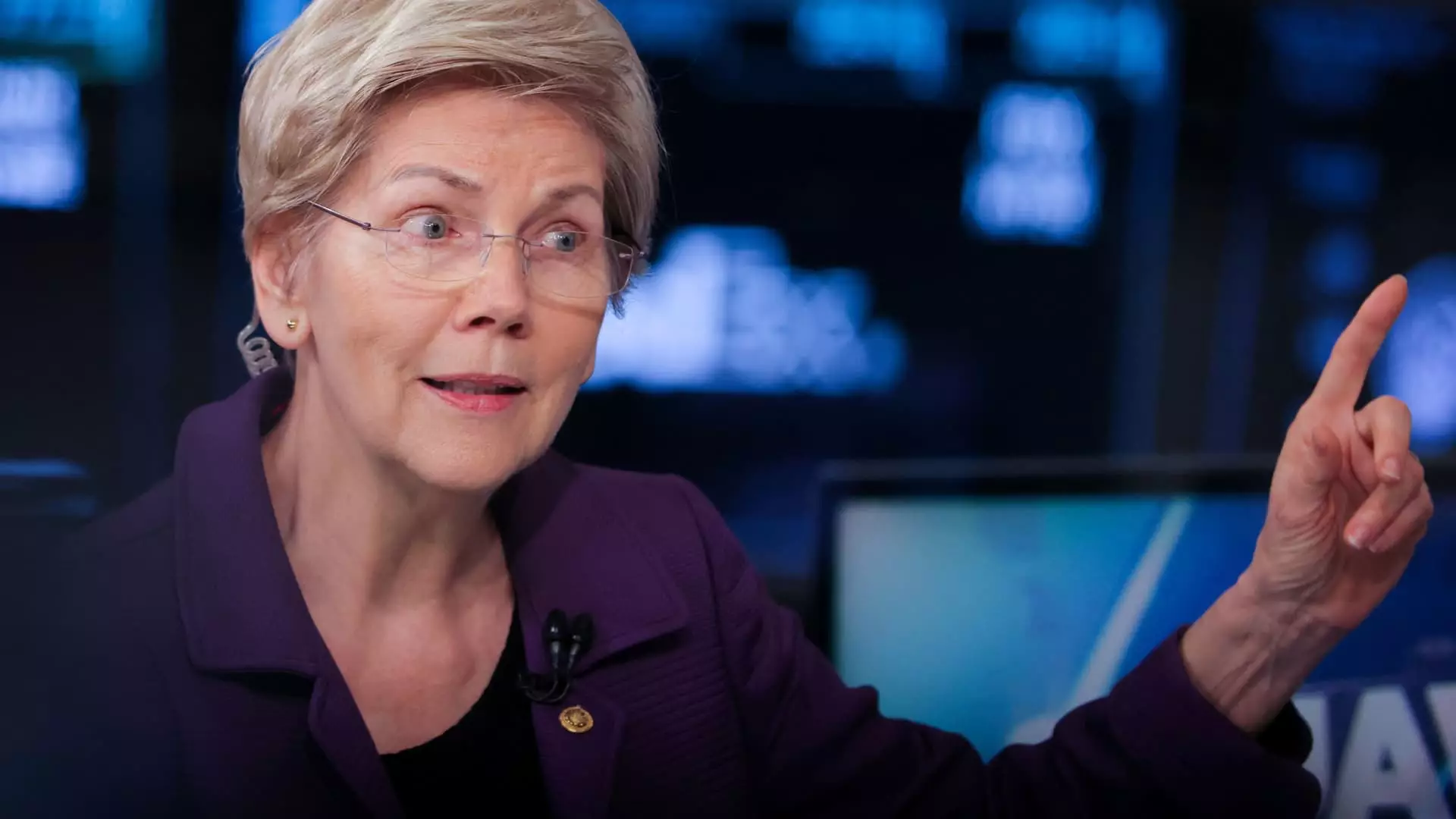Sen. Elizabeth Warren has launched a scathing attack on Federal Reserve Chair Jerome Powell, accusing him of being in cahoots with the financial industry. She claims that Powell is advocating for changes to regulations that would benefit large American banks at the expense of the public. Warren alleges that Powell is bowing to pressure from big bank CEOs and is actively working to water down critical banking regulations.
The proposed changes, known as the Basel III Endgame, aim to increase the capital requirements for large American banks. These regulations were unveiled by three U.S. banking regulators last year in response to the 2008 global financial crisis. However, bank CEOs and their lobbying groups have pushed back against the proposed increases, arguing that they are too aggressive and would hinder their ability to lend.
Warren took direct aim at Powell, accusing him of doing the bidding of the banking industry. She highlighted reports that Powell had met with big bank CEOs and was now working to delay and weaken the Basel III capital rules. Warren lambasted Powell for allegedly rewarding the industry that caused the 2008 economic meltdown, stating that his actions would jeopardize the financial security of middle-class and working families.
In her letter to Powell, Warren demanded that the Federal Reserve Board vote on the original, tougher Basel proposal by the end of the month. With the U.S. elections looming, Warren warned that the window to finalize and approve the rules was closing. She asserted that Powell should prioritize the best interests of the public over those of wealthy investors and CEOs, urging him to stand firm against industry pressure.
As the battle over banking regulations heats up, the implications for the financial industry and the public are significant. The outcome of this clash between Warren and Powell could determine the strength and stability of the banking sector in the face of economic uncertainties. The decision on the Basel III rules will have far-reaching effects on lending practices, risk management, and overall financial stability.
The confrontation between Sen. Elizabeth Warren and Federal Reserve Chair Jerome Powell underscores the high stakes involved in banking regulations. Warren’s accusations of bias and collusion strike at the heart of the debate over financial reform. Powell’s response to these allegations and his handling of the proposed changes will shape the future of banking regulation in the United States. It remains to be seen how this conflict will play out and what impact it will have on the banking industry and the broader economy.

